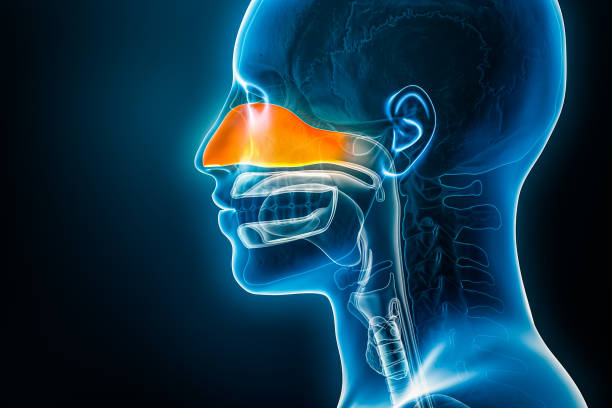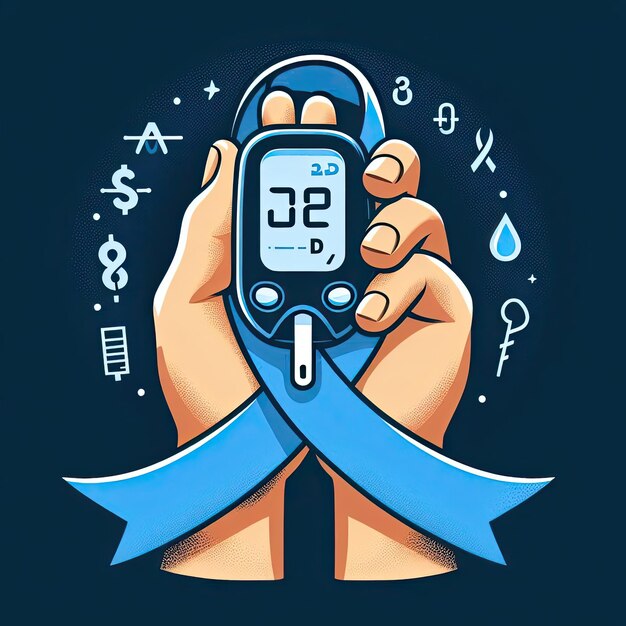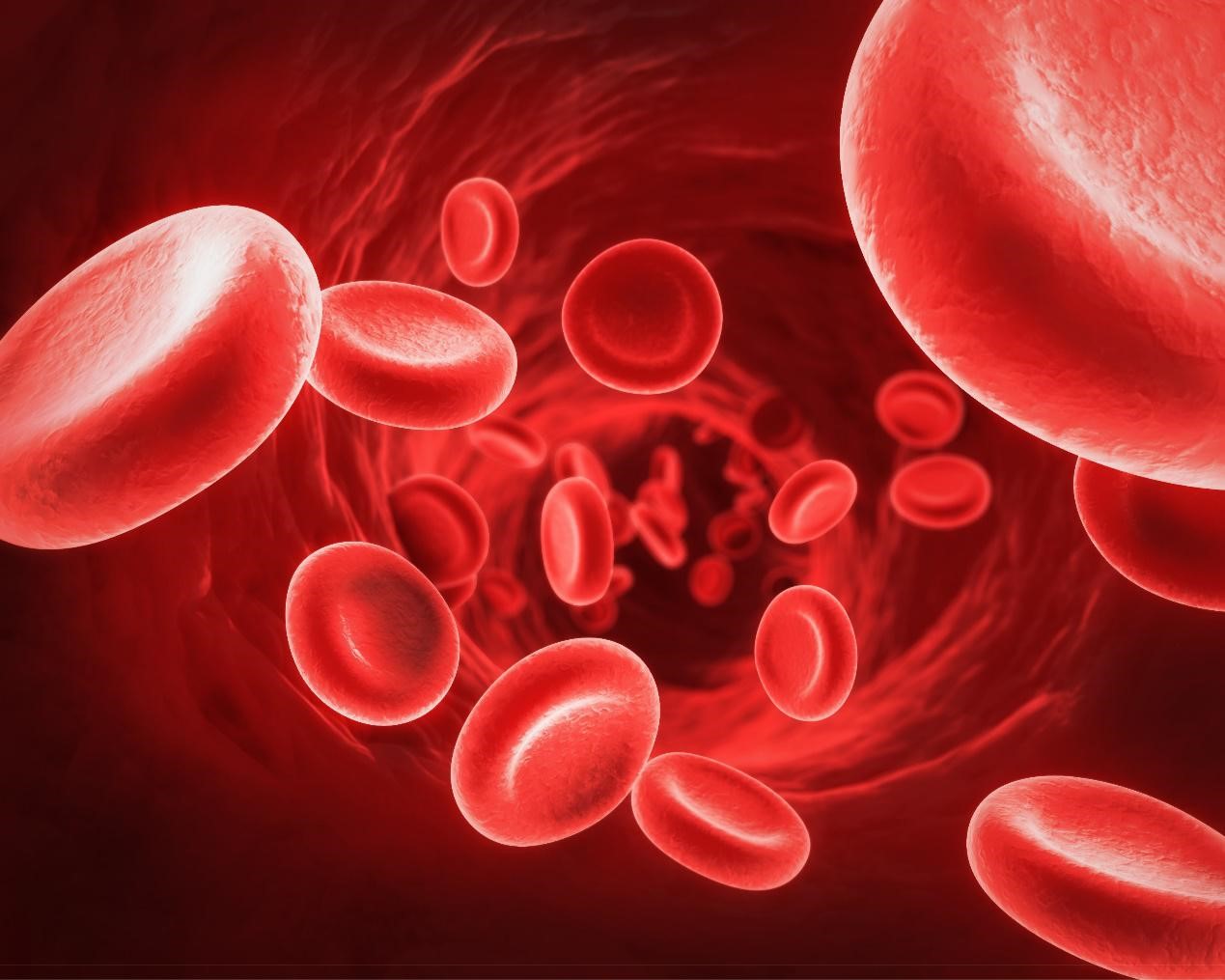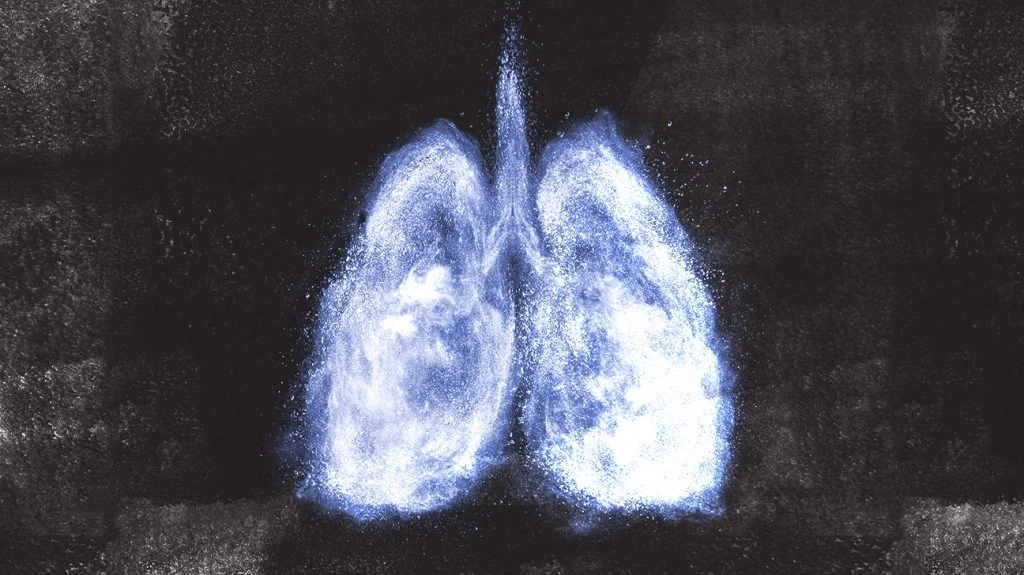
Asthma
Asthma is a chronic lung disease that causes inflammation of the airways, making it difficult to breathe. Symptoms include coughing, wheezing, chest tightness, and shortness of breath.

Skin
Skin infection occurs when bacteria, viruses, fungi, or parasites invade the skin, leading to inflammation, redness, swelling, pain or other symptoms.

respiratory
Respiratory disease affects the lungs and airways, making breathing difficult. They can be acute (short-term) or chronic (long-term).

liver
Liver disease refers to any condition that affects liver function, leading to inflammation, damage or failure. It can be caused by infections, alcohol use, etc.
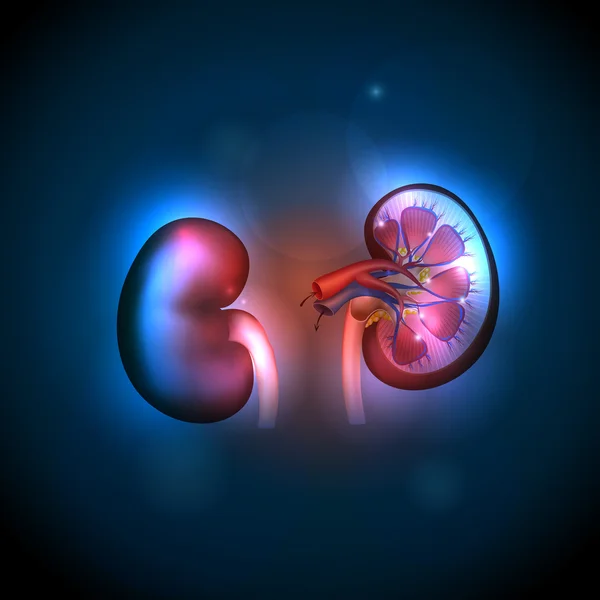
kidney
Kidney disease affect the kidney's ability to filter waste, balance fluids, and regulate blood pressure. They can be acute (short-term) or chronic (long-term).

bronchitis
Bronchitis is an inflammation of the bronchial tubes, which carry air to the lungs. It causes coughing, mucus production, and breathing difficulties.

irritable bowel syndrome
Irritable Bowel Syndrome is a common digestive disorder that affects the large intestine, causing abdominal discomfort & changes in bowel habits.
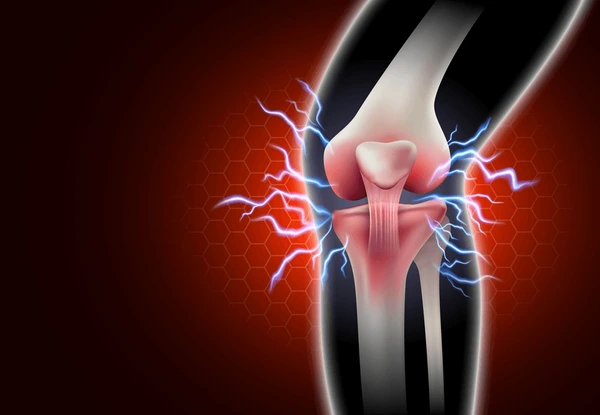
polyarthritis
Polyarthritis is a condition where five or more joints are inflamed at the same time. It is often associated with autoimmune diseases, infections or metabolic disorders.
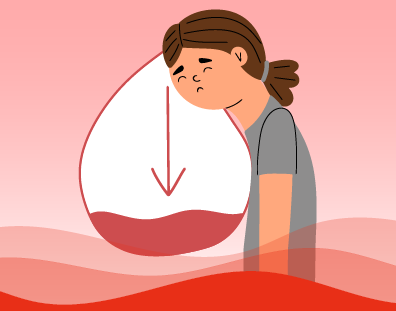
anemia
Anemia is a condition in which the blood lacks enough healthy red blood cells or hemoglobin, leading to reduced oxygen supply to the body's tissues.

hypertension
Hypertension (High blood pressure) is a condition where the force of blood against the artery walls is consistently too high.

